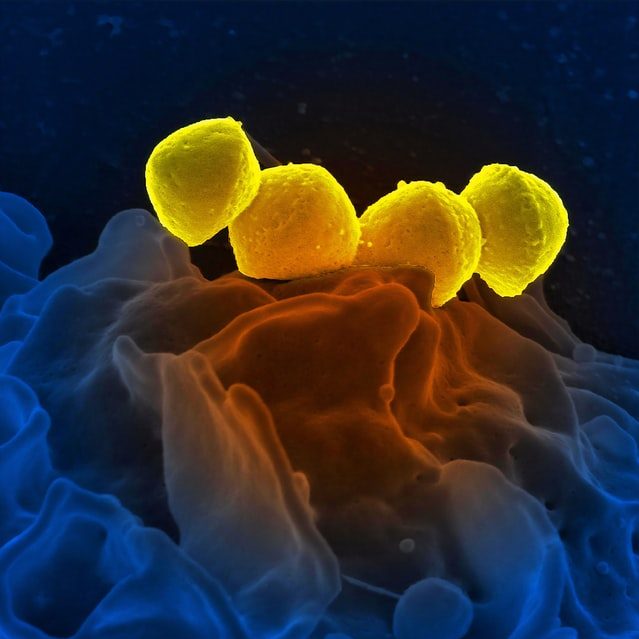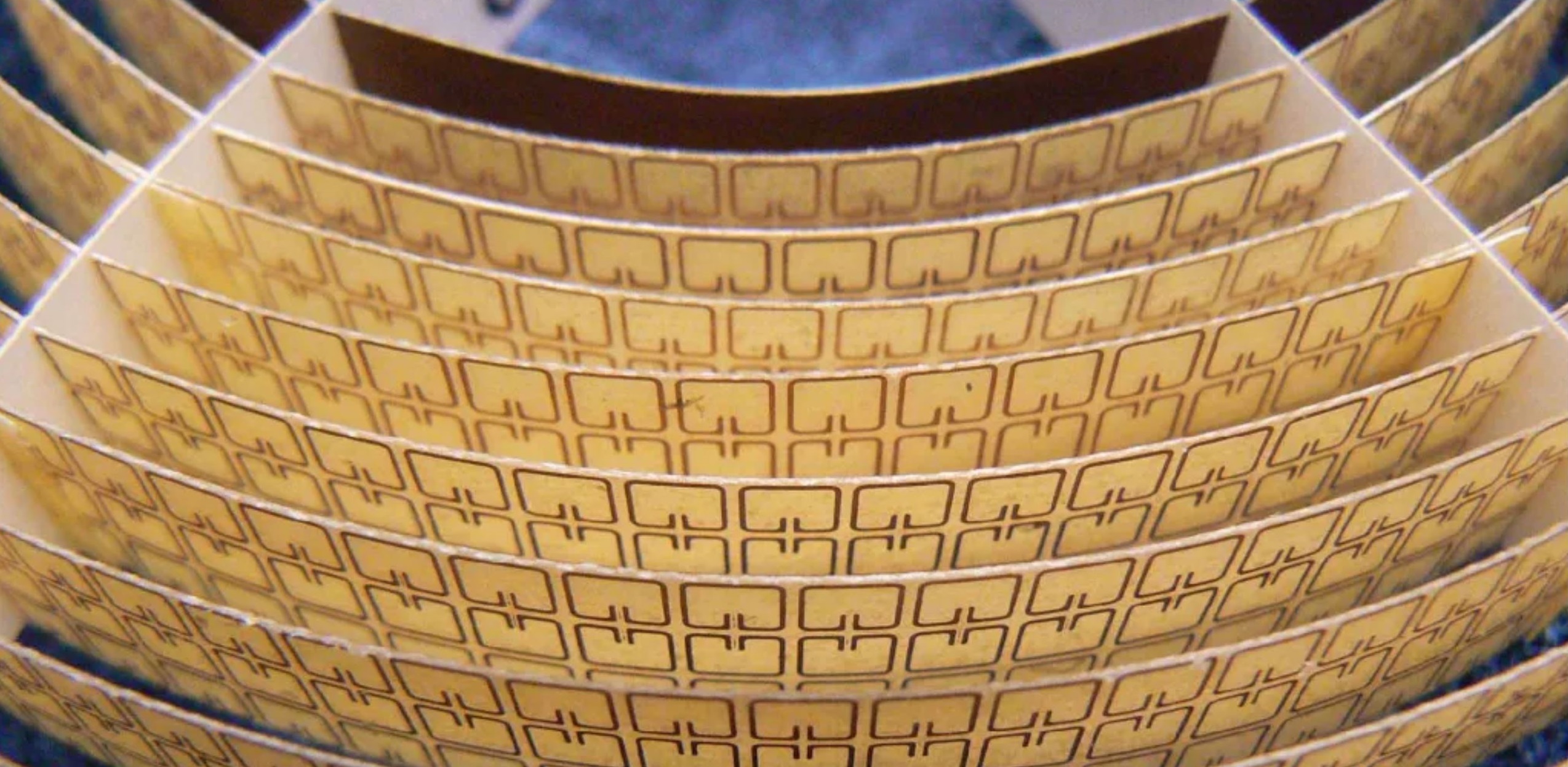Welcome to MRS at Duke —
MRS@Duke is an independent student run organization but is instated under the umbrella of globally known society “MRS” to develop a framework wherein materials discipline can convene, collaborate, integrate and advocate the science throughout the world. The primary goal of the society is to facilitate association and communication between the students/faculties working in the field of materials science to promote on and off campus research.

Seminars
Find the latest seminars related to materials science and engineering posted here! Seminars will be tagged with relevant fields within materials science for ease of searching.

Social Events
Come here to find out the latest information on social events.

Outreach
Are you looking for ways to share your love of materials science with the community? You've come to the right place. Find outreach information posted in link above.
Recent Events
- 💼7:30 pm – 8:30 pm, March 22, 2021 – CV/Resume workshop
- 💼5:30 pm – 6:30 pm, November 12, 2020 – Jackbox Virtual Game Night!
- 💼5:30 pm, October 8, 2020 – Navigating through Graduate School: General Body Meeting
- 💼1:00 pm – 2:00 pm, May 23, 2020 – MRS Mingle Chat
Our Research
Energy Materials
From the latest energy conversion and storage devices to energy management and policy, learn about how academic researchers and business professionals are working towards high performing energy materials. Various topics are discussed including photovoltaic thin films, batteries, supercapacitors, catalysis, and more.
Computational Materials
Computational Materials science utilizes simulations and modeling to explore new materials, investigate atomic mechanisms, explain experiment, and test materials theories. Learn how computational materials analysis could support your research, and about advances in the field through our upcoming seminar series.
Condensed Materials
"Condensed materials” is a broad classification within materials science that studies the bulk properties of solids that arise from the many atomic and subatomic interactions within matter. Condensed materials can be divided into two categories, soft condensed matter and hard condensed matter. Soft condensed matter deals with classical physics interpretations to study materials such as foams, polymers, and gels. Hard condensed matter deals with quantum mechanical interactions within materials such as crystalline solids, metals, and semiconductors. The study of condensed matter has brought about many significant breakthroughs in materials science including advanced plastics, liquid crystals, and laser technology. Learn more about it in our upcoming seminar series.
Metamaterials
Interested in complex engineered materials with the ability to control light and sound? Metamaterials are artificially designed structures able to interact and manipulate with many physical phenomena. Applications involve holography, quantum dots, imaging and sensing devices, valleytronics and optoelectronics. Click here to discover the world of metamaterials through this seminar series.

Soft Materials
Soft materials explore the design, fabrication, and behavior of materials at the interface of biology, physics, and chemistry. These materials may include surfaces, interfaces, and metamaterials and their interactions with other materials, polymer-based nanotechnology, and self-assembled materials. The field includes insights into the biological or biomedical aspects of soft materials, computational or modeling of soft matter behavior, or studies of bulk matter such as colloids or liquid crystals. In our upcoming seminar series on current research in the field, learn how soft materials and their experimental, theoretical, and computational analysis can support your research.
Biomaterials
Metals, ceramics, and polymers. Natural and synthetic materials. All of these can be a biomaterial. Biomaterials research combines medicine, biology, physics, and chemistry for the advancement of health care. From investigating tissue engineered scaffolds to implants to drug delivery, biomaterials research will continue to improve response to illness and injury for people worldwide.





